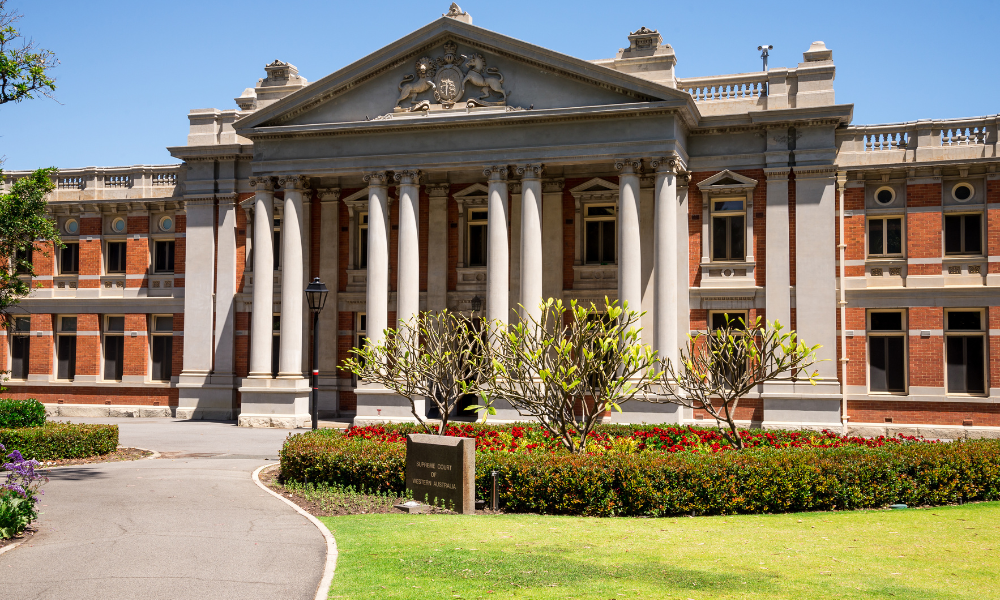
The overall factual connections to Western Australia justified granting leave: court

The WA Supreme Court granted leave to issue a writ for service outside Australia, allowing the plaintiff to proceed with claims related to a lithium project dispute.
The plaintiff, represented by a Sydney-based legal firm, sought leave to issue the writ against a defendant company incorporated in Delaware and registered in Massachusetts, US. Despite ongoing discussions, the defendant’s legal representatives in Australia stated they lacked instructions to accept service. This uncertainty led the plaintiff to seek urgent court approval to proceed.
Although amendments to Order 10 of the Rules of the Supreme Court 1971 (WA) in April 2024 removed the requirement for leave before serving proceedings outside Australia, Order 5 Rule 9 still mandates court approval before issuing a writ intended for service beyond Australian jurisdiction. The court assessed the application based on established legal principles.
The dispute involves a lithium project south of Perth, where the plaintiff had contracted to supply a water treatment plant. The defendant was responsible for designing, supplying, installing, and commissioning a closed-circuit desalination reverse osmosis system (CCD-RO system), which was to be integrated into the project.
A key event in the case occurred on 14 February 2020, when a chemical spill at the project site released 135 litres of hydrochloric acid over three hours. The plaintiff alleged that the hydrochloric acid dosing line detached due to either a change from a rigid pipe to a flexible tube or incorrect installation by the defendant’s commissioning engineer. The spill is said to have caused significant damage.
The plaintiff’s claims included negligence, alleging the defendant’s actions caused harm in Australia; breach of contract, arguing that the agreement was partially performed in Western Australia; and violations of the Australian Consumer Law, asserting that misleading representations led to financial loss.
The High Court determined that the claims were sufficiently connected to Western Australia under Order 10 Rule 5, which permits service outside Australia in cases involving tortious acts, contractual disputes, or claims under Australian law. While the agreement between the parties is governed by New South Wales law, the Court found that the overall factual connections to Western Australia justified granting leave.
The court was satisfied that the plaintiff had provided adequate evidence to support the issuance of the writ for service outside Australia. Leave was granted, allowing the case to proceed, with further submissions to be made regarding the final form of the orders.